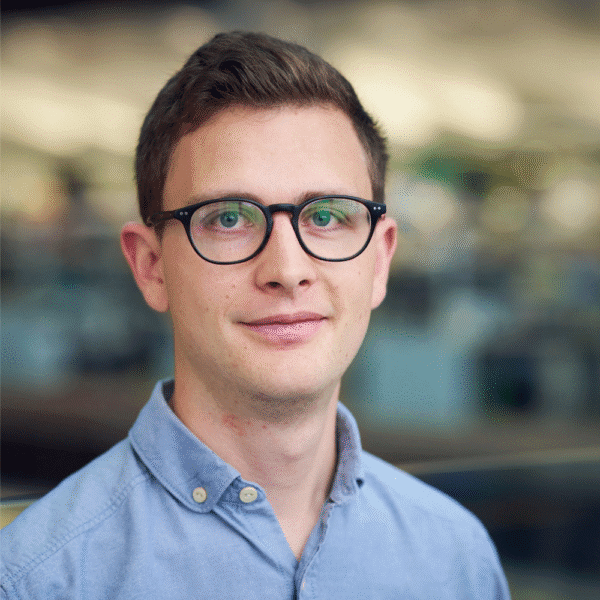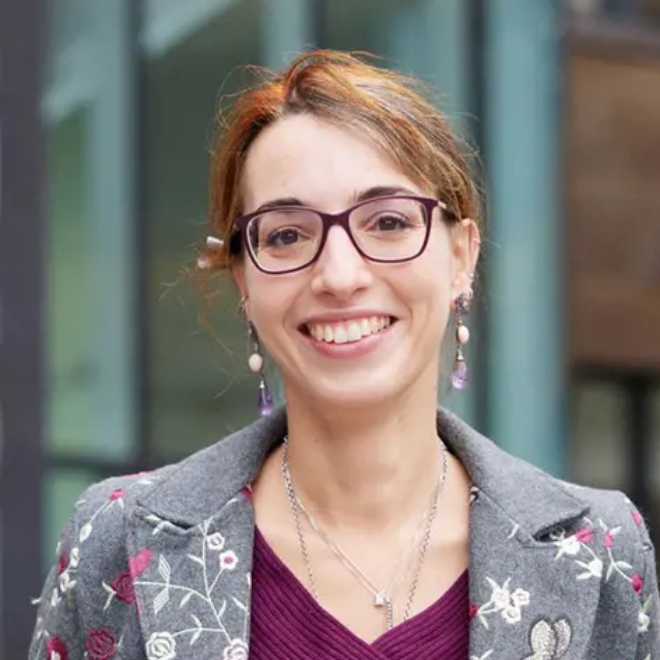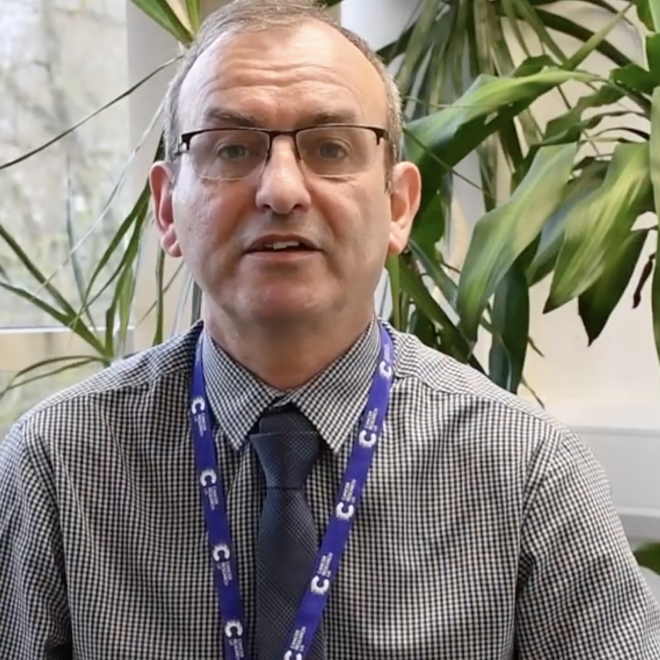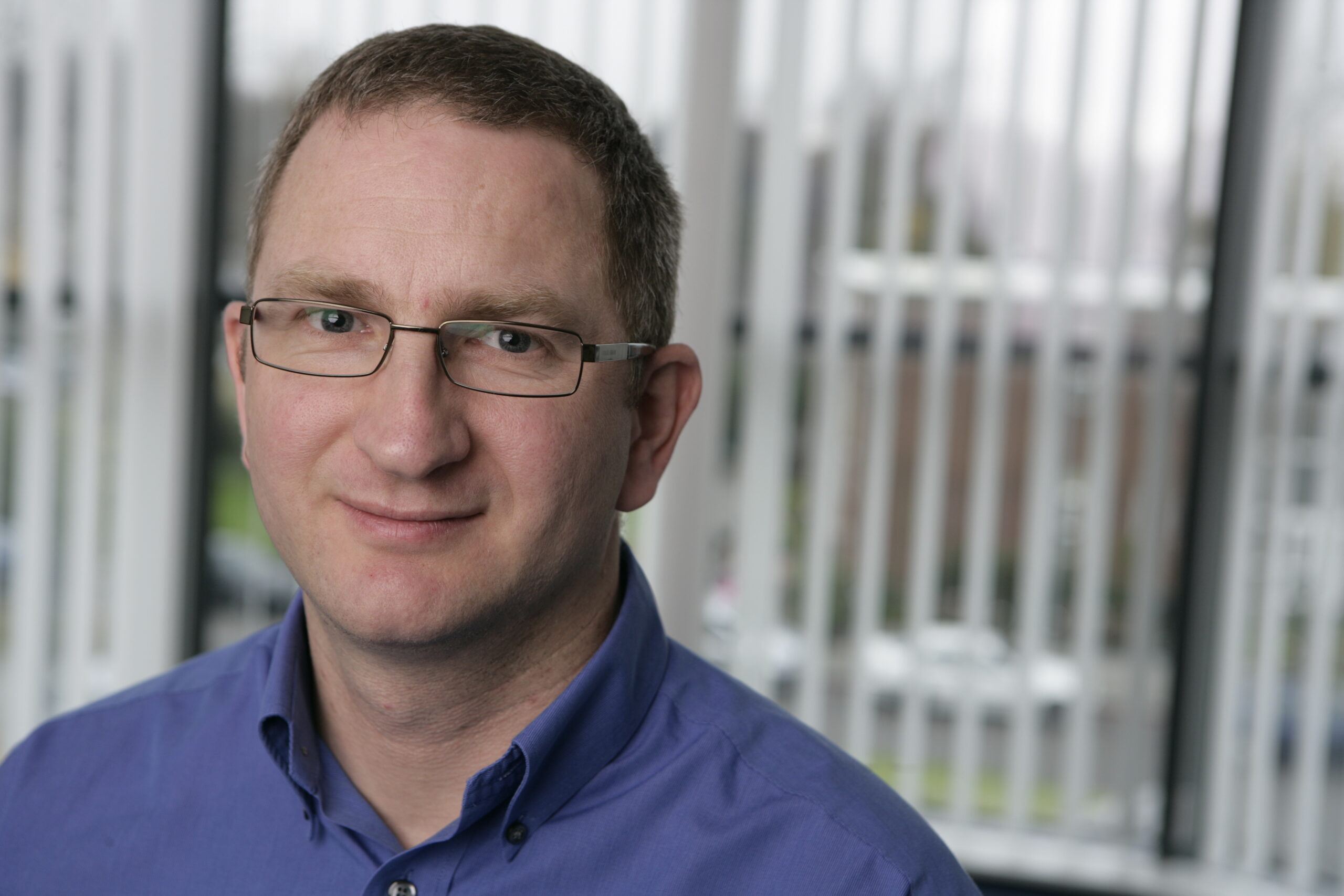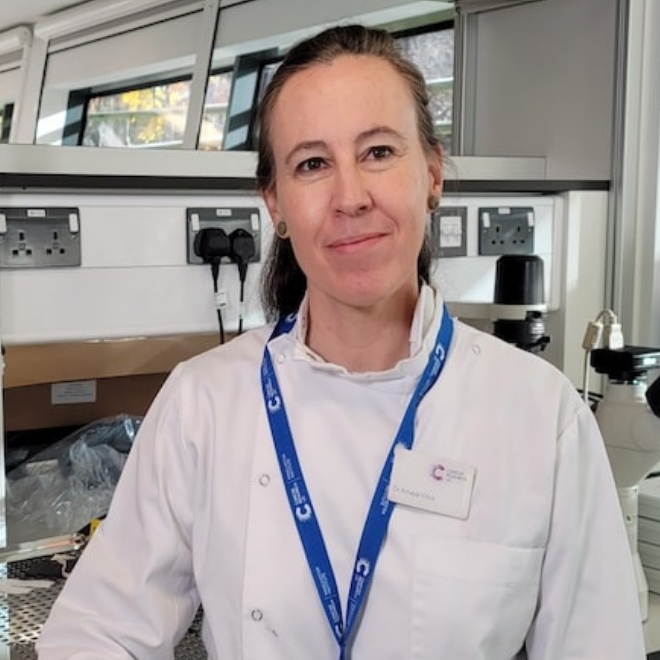William Hill
Cancer Origins Group Leader
William leads the Cancer Origins group which is interested in how environmental carcinogens perturb tissue homeostasis to drive tumour initiation, with a specific focus on lung cancer.
About Dr William Hill
William leads the Cancer Origins group which is interested in how environmental carcinogens perturb tissue homeostasis to drive tumour initiation, with a specific focus on lung cancer.
William received his Bsc in Biochemistry from Cardiff University (2014), before starting his PhD at the European Cancer Stem Cell Research Institute (Cardiff University). Under the supervision of Dr Catherine Hogan he studied cell competition at the earliest stages of pancreas cancer using mouse models. He demonstrated that KrasG12D mutant cells are selectively eliminated by normal neighbours via an EphA2 dependent mechanism. For which he was awarded the Wellcome ISSF Consolidator award.
In 2019, he moved to join the lab of Professor Charles Swanton at the Francis Crick Institute to develop novel evolutionary mouse models of lung cancer to study somatic evolution. He demonstrated that air pollutants promote lung adenocarcinoma by a non-mutagenic mechanism integrating epidemiological, pre-clinical and clinical research. For his accomplishment he was awarded the Francis Crick Science Achievement Award 2023.
Groups
Qualifications
- Bsc in Biochemistry, Cardiff University
- PhD, Cell Competition in Pancreas Cancer, European Cancer Stem Cell Research Institute (Cardiff University)
Publications
Why I work at CRUK MI
“I’m excited to integrate across from the incredible local scientific community, the medical oncologists from The Christie NHS Foundation Trust and Wythenshawe hospital all the way through to the experts in atmospheric science in the Department of Earth and Environmental Sciences.”
Visit Research Group
The Cancer Origins group is dedicated to understanding how cancer begins, specifically, how oncogenic cells overcome normal tissue restraints, gain malignant potential, and initiate tumour formation. We are interested in how environmental exposures, such as air pollutants, shape the tissue microenvironment to support the expansion of latent oncogenic cells and promote lung cancer
Get in touch
https://doi.org/10.1038/s44161-025-00740-z
Single-cell profiling reveals three endothelial-to-hematopoietic transitions with divergent isoform expression landscapes
11 November 2025
Institute Authors (6)
Robert Sellers, John Weightman, Wolfgang Breitwieser, Natalia Moncaut, Michael Lie-a-ling, Georges Lacaud
Labs & Facilities
Computational Biology Support, Molecular Biology, Genome Editing and Mouse Models
Research Group
Stem Cell Biology
11 November 2025
https://doi.org/10.1136/jitc-2025-012527
Systemic immunosuppression from ultraviolet radiation exposure inhibits cancer immunotherapy
31 October 2025
Institute Authors (4)
Isabella Mataloni, Antonia Banyard, Garry Ashton, Amaya Virós
Labs & Facilities
Mass and Flow Cytometry, Histology
Research Group
Skin Cancer & Ageing
31 October 2025
https://aacrjournals.org/cancerdiscovery/article/doi/10.1158/2159-8290.CD-24-1224/766638/Glucocorticoids-Unleash-Immune-dependent-Melanoma
Glucocorticoids Unleash Immune-dependent Melanoma Control through Inhibition of the GARP/TGF β Axis
15 October 2025
Institute Authors (12)
Charles Earnshaw, Poppy Dunn, Shih-Chieh Chiang, Maria Koufaki, Massimo Russo, Kimberley Hockenhull, Erin Richardson, Anna Pidoux, Alex Baker, Richard Reeves, Robert Sellers, Sudhakar Sahoo
Labs & Facilities
Computational Biology Support, Visualisation, Irradiation and Analysis
Research Group
Cancer Inflammation and Immunity
15 October 2025
/wp-content/uploads/2025/09/Annual_Report_2024.pdf
2024 Annual Report
23 September 2025
23 September 2025
https://doi.org/10.1182/blood.2024028033
An in vivo barcoded CRISPR-Cas9 screen identifies Ncoa4-mediated ferritinophagy as a dependence in Tet2-deficient hematopoiesis
4 September 2025
Institute Authors (1)
Justin Loke
Research Group
Myeloid Cancer Biology
4 September 2025
https://doi.org/10.1038/s41467-024-49692-1
Whole genome sequencing refines stratification and therapy of patients with clear cell renal cell carcinoma
15 July 2025
Institute Authors (1)
Samra Turajlić
Research Group
Cancer Dynamics
15 July 2025
Our vision for world leading cancer research in the heart of Manchester
We are a leading cancer research institute within The University of Manchester, spanning the whole spectrum of cancer research – from investigating the molecular and cellular basis of cancer, to translational research and the development of therapeutics.
Our collaborations
Bringing together internationally renowned scientists and clinicians
Scientific Advisory Board
Supported by an international Scientific Advisory Board
Careers that have a lasting impact on cancer research and patient care
We are always on the lookout for talented and motivated people to join us. Whether your background is in biological or chemical sciences, mathematics or finance, computer science or logistics, use the links below to see roles across the Institute in our core facilities, operations teams, research groups, and studentships within our exceptional graduate programme.





